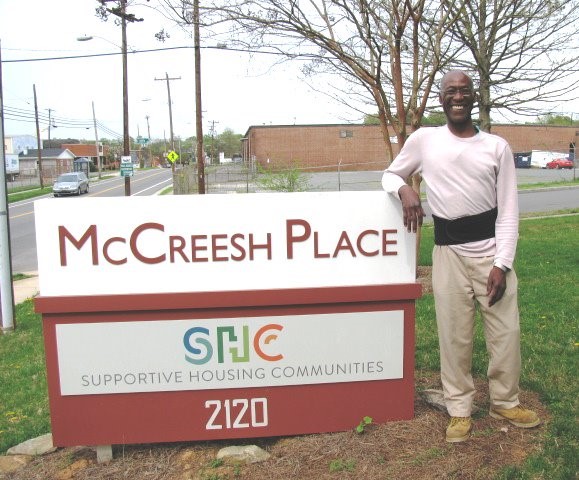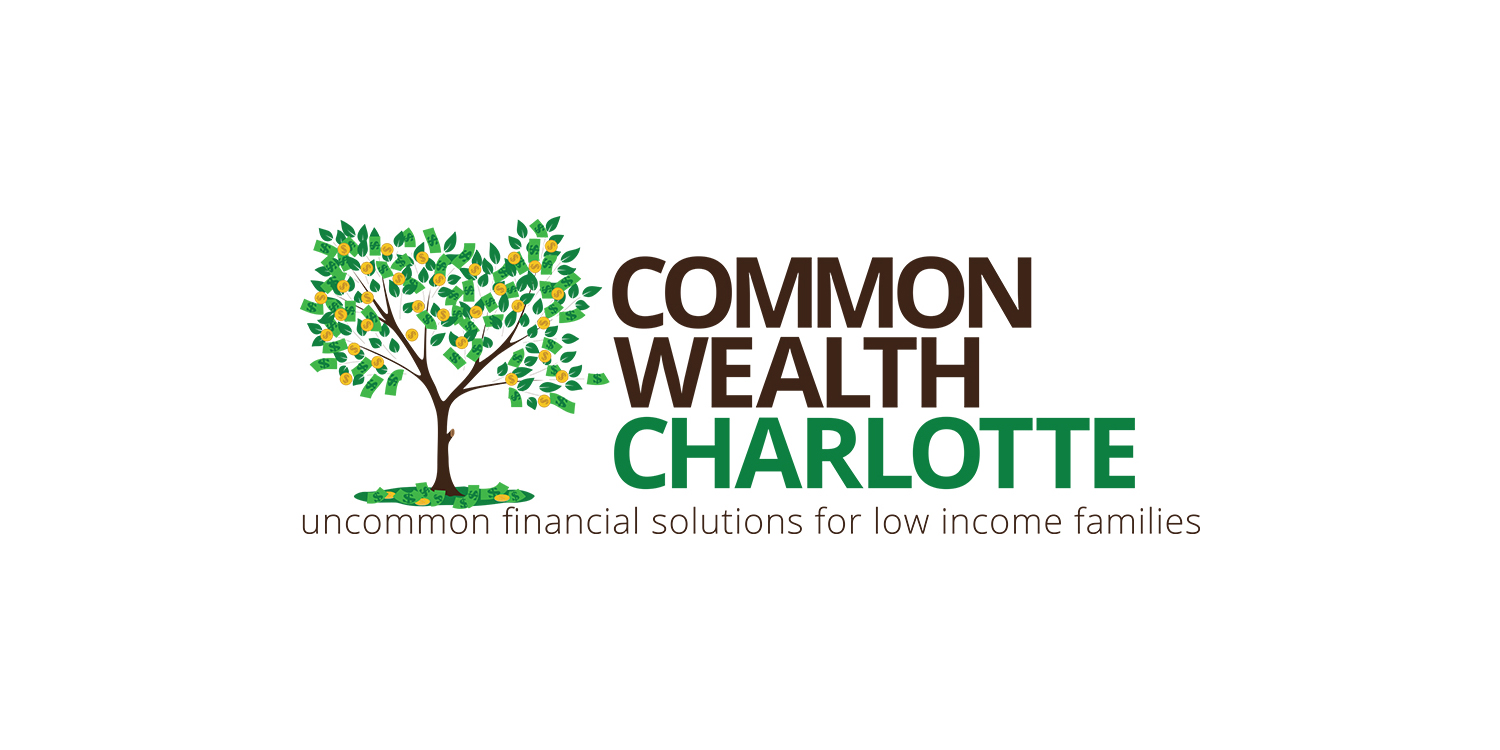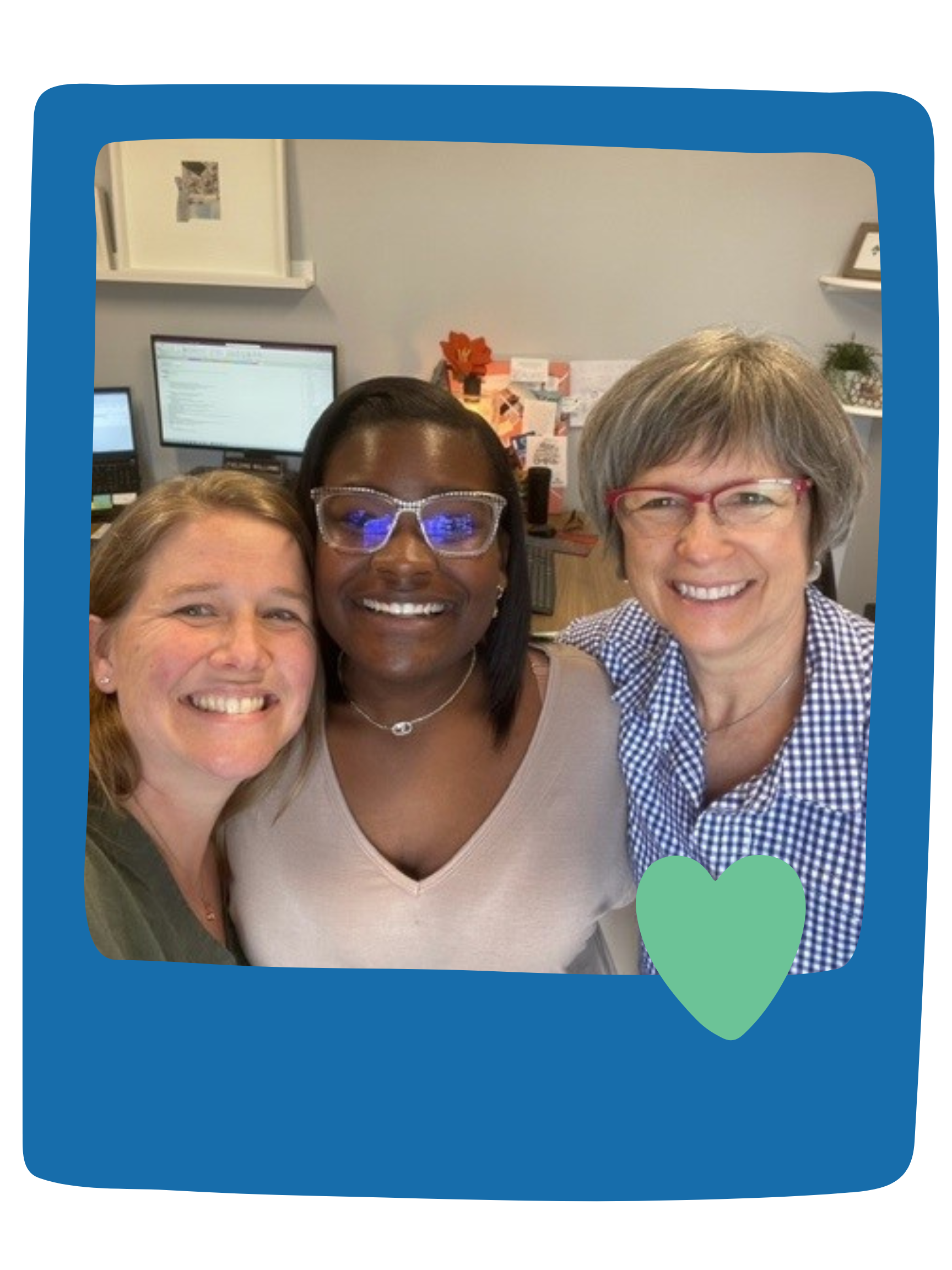
 Civic engagement leads to intentional discussion and more active involvement in the public policy decisions that shape Charlotte. We recently spoke with WIF member and Mayor Pro Tem, Julie Eiselt, about the significance of civic engagement and what led to her community advocacy. She also shared her thoughts on how to get more involved.
Civic engagement leads to intentional discussion and more active involvement in the public policy decisions that shape Charlotte. We recently spoke with WIF member and Mayor Pro Tem, Julie Eiselt, about the significance of civic engagement and what led to her community advocacy. She also shared her thoughts on how to get more involved.
Why did you become a member of Women’s Impact Fund?
I am a firm believer that when women find commonality and join forces it can be quite powerful. Having a shared and powerful voice is even more important with the current challenges facing our community – specifically in the areas of human services and education. Women’s Impact Fund is a way for our collective giving and voice to make a difference in Charlotte.
What inspired your civic engagement?
After I was almost abducted at gunpoint in 2007, I founded Neighbors for a Safer Charlotte, to advocate for court-system resources and policies to make all Charlotte residents safer. Soon after, I was invited to a conversation on criminal justice. This specific discussion included all men with one exception – me. We were discussing body cameras and the appropriate use for our police department. I asked who would see the footage from these cameras and was told it would only be the police. I immediately said that I didn’t think that was the right thing to do for our citizens. My frustration started to mount when my opinion was dismissed. I knew then that I could fight a losing battle in the room or get to work influencing the policies that reframe the issue.
What keeps you engaged?
Many things keep me engaged but it boils down to my passion for doing the right thing. As I have gotten more involved over the years, I see the inequity in the way decisions are made that influence our city. I want to give a voice to people who aren’t always heard. I feel like that’s the only way we will continue to evolve Charlotte into a city that offers opportunities to everyone.
Why should others be civically engaged?
It’s important to understand the discussions being had at a city, state, and federal level to understand the actions you can take to influence change. A person doesn’t have to run for office to be part of the discussion, but they can look for candidates who have a shared value set and actively show their support. It’s also important for the next generation of leaders to see examples of how they can be involved and understand the significance of having a voice in political and community discussions.
Please reflect on the disparity of female leadership in civic engagement. Women bring unique perspectives and offer tremendous value in community leadership roles. However, there is still a disparity in the number of men versus women at the table making important public policy decisions. I’d also note that the disproportion of men to women in local politics fluctuates since most positions are open for election every two years. For that reason, it’s important to make sure there are men who will advocate for women as well as women in office to balance the discussion.
What actions can WIF members take to get more civically involved?
The first step is to determine what is most important to you at this point in your life. If you have young children, it might be understanding issues that impact quality daycare. If you have aging parents that need support, your passion could be senior care and social security. You can then discover where those topics are being discussed and how you want to use your voice. Find out what connects you to your community through that lens. You can’t do everything so focus on what you can be intentional about, lean in and go deep!
Civic education and engagement are incredibly important – especially in 2020. We all have a part to play in making our community more equitable and safer. Join us at this year’s Women in Wisdom event on March 10 to hear our panel of local female leaders as they discuss the importance of advocacy, public will, and civic engagement.






Leave a Reply